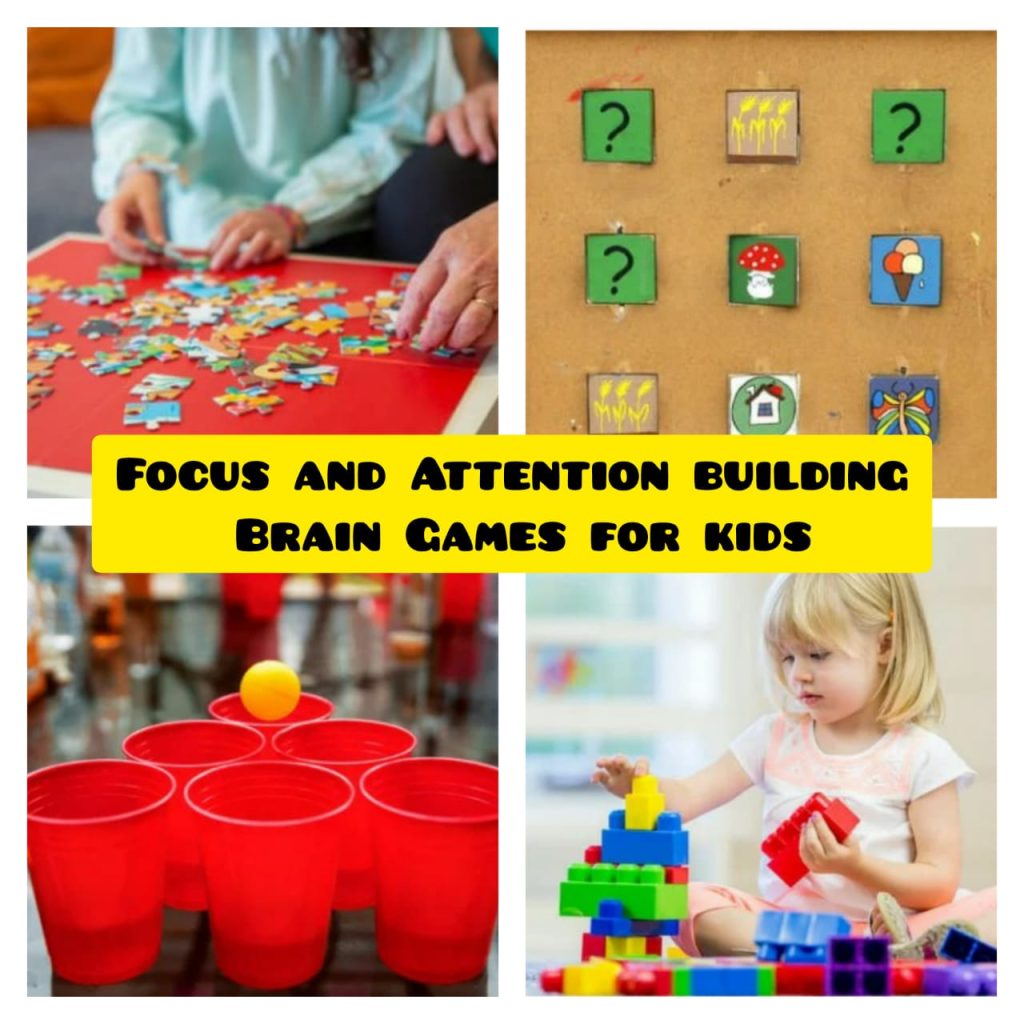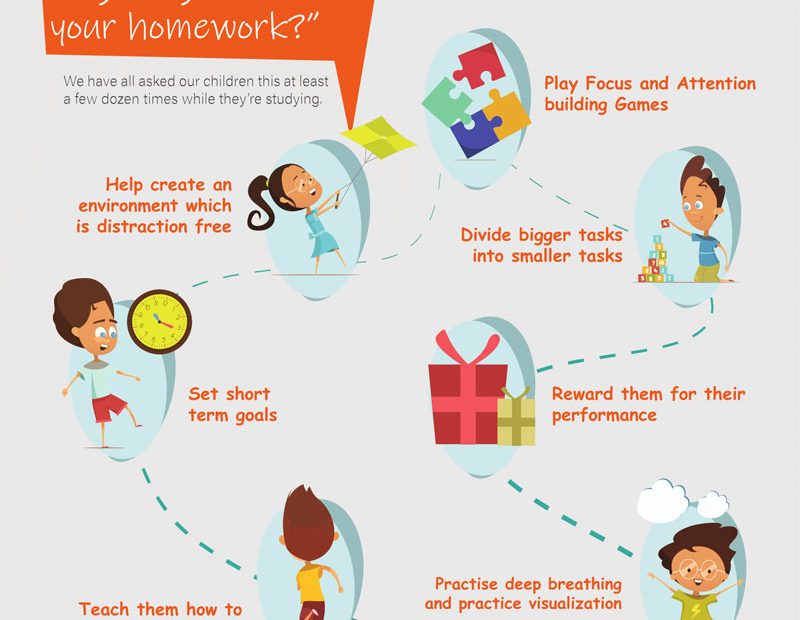In this article, we will explore how brain games can enhance concentration and focus in kids. We will discuss the benefits of these games and provide examples of popular brain games that can be enjoyable and educational for children. By the end of this article, you will have a better understanding of how brain games can help improve your child’s ability to concentrate and stay focused on tasks. So let’s get started and discover the power of brain games for kids!
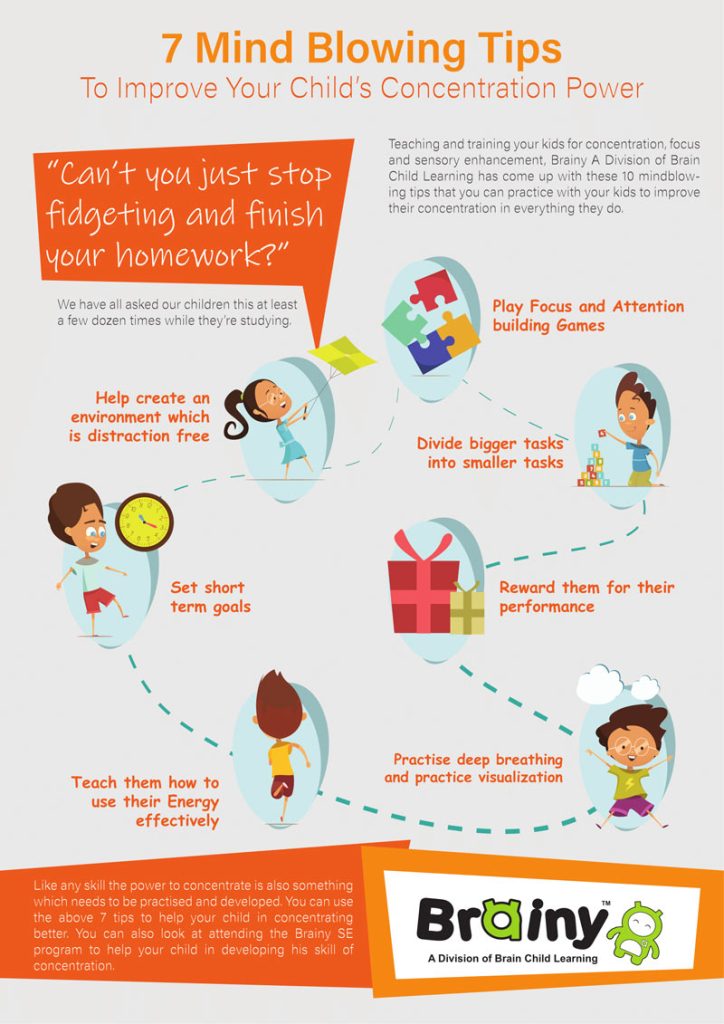
The Benefits of Brain Games for Kids
In today’s fast-paced and technology-driven world, it can be a challenge for kids to maintain focus and concentration. With the constant bombardment of distractions, it’s no wonder that many children struggle to stay on task and complete their assignments. However, there is a solution that can not only improve concentration but also enhance focus in kids – brain games.
Improving Concentration
One of the primary benefits of brain games for kids is that they improve concentration. These games are designed to engage and challenge the brain, requiring full attention and mental effort. As children play brain games, they are required to concentrate on the task at hand, blocking out any distractions in their environment. This focused attention helps develop their ability to concentrate for extended periods, which can have a positive impact on their academic performance and everyday life.
Enhancing Focus
In addition to improving concentration, brain games also enhance focus in kids. These games often require players to follow specific instructions, solve complex puzzles, and make strategic decisions. By participating in brain games regularly, children develop their ability to focus on a task until completion, without being easily distracted. This skill is invaluable as it allows kids to better absorb information, stay engaged in classroom activities, and perform at their best academically.
Types of Brain Games
There are several types of brain games that can help enhance concentration and focus in kids.
Puzzles and Riddles
Puzzles and riddles are classic brain games that have been enjoyed by both children and adults for centuries. These games require kids to think critically, analyze patterns, and apply logical reasoning. Solving puzzles and riddles helps develop problem-solving skills, memory retention, and improves cognitive abilities.
Memory Games
Memory games are another effective type of brain game for kids. These games are designed to improve memory retention and enhance cognitive functioning. By challenging children to remember patterns, sequences, or specific details, memory games stimulate brain activity and help children become more attentive and focused.
Problem-Solving Games
Problem-solving games are specifically designed to develop critical thinking and logical reasoning skills in kids. These games often present children with challenges or puzzles that require them to analyze information, identify patterns, and come up with creative solutions. Engaging in problem-solving games regularly helps children become better at thinking critically, solving complex problems, and making informed decisions.
Cognitive Skills Developed by Brain Games
Participating in brain games can significantly enhance a variety of cognitive skills in kids.
Critical Thinking
Brain games stimulate critical thinking skills in kids by requiring them to analyze information, identify patterns, and evaluate different possibilities. These skills are essential for academic success as they enable children to approach problems from multiple angles and make more informed decisions.
Logical Reasoning
Logical reasoning is a fundamental cognitive skill that brain games can help develop. By engaging in games that require logical reasoning, kids learn to think logically, make connections, and draw conclusions based on evidence. This skill is invaluable in various academic subjects, such as mathematics and science.
Spatial Awareness
Spatial awareness is the ability to understand and perceive objects in relation to oneself and the surrounding environment. Brain games that involve puzzles or visual-spatial tasks help develop this skill in children. Improved spatial awareness can benefit kids in subjects like geometry, art, and even sports.
Memory Retention
Memory games, as mentioned earlier, play a significant role in enhancing memory retention in children. By challenging them to remember specific patterns or sequences, these games strengthen memory skills and help kids retain information better. Improved memory retention can have a positive impact on a child’s academic performance, as they are better able to recall and apply learned information.
Impact of Brain Games on Academic Performance
The benefits of brain games for kids extend beyond concentration and focus; they also have a notable impact on academic performance.
Improved Learning Abilities
Engaging in brain games regularly helps children develop essential skills like critical thinking, logical reasoning, and memory retention. These skills are not only valuable during gameplay but also transferable to other academic subjects. As children become better at these cognitive skills, they can absorb, process, and retain information more effectively, leading to improved learning abilities.
Better Grades
When kids are provided with the tools to enhance their concentration, focus, and cognitive skills, it’s no surprise that it positively impacts their academic performance. Brain games help children become more attentive, improve their problem-solving abilities, and have better memory retention. All of these factors contribute to better grades and increased success in school.
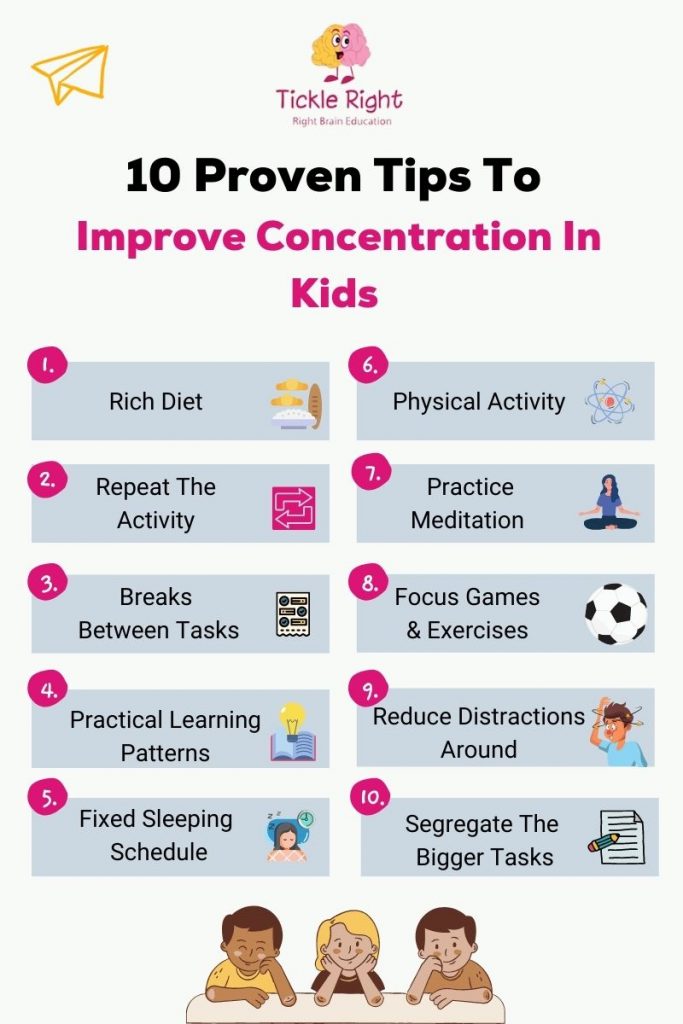
Brain Games as a Form of Entertainment
While brain games offer numerous educational benefits, they also serve as a form of entertainment for kids.
Engaging and Fun
Brain games are designed to be engaging and enjoyable for children. They often incorporate colorful visuals, interactive elements, and rewards to keep kids motivated and entertained. This aspect makes brain games an excellent choice for parents looking for educational activities that their children will genuinely enjoy.
Hands-on Learning Experience
Brain games provide kids with a hands-on learning experience that is far more engaging than traditional learning methods. Instead of passively absorbing information, children actively participate in the games, applying critical thinking and problem-solving skills in a fun and interactive way. This hands-on learning experience helps make education more enjoyable and allows kids to develop important cognitive skills without feeling overwhelmed or bored.
The Role of Brain Games in Developing Perseverance
Perseverance is an essential character trait that can significantly impact a child’s success in various areas of life. Brain games play a crucial role in developing perseverance in children.
Builds Mental Stamina
Brain games can be challenging and require mental effort and stamina to complete. As children engage in these games and face difficulties, they learn the value of perseverance. They understand that it takes time and effort to overcome obstacles and achieve success. This builds mental stamina, enabling kids to tackle difficult tasks, withstand setbacks, and stay committed to their goals.
Encourages Persistence
Brain games often involve trial and error, requiring children to try different strategies until they find the right solution. This process encourages persistence and a growth mindset in kids. They learn that failure is not the end but an opportunity to learn and improve. By persevering through challenges in brain games, children develop resilience and a willingness to take on difficult tasks in other areas of their lives.
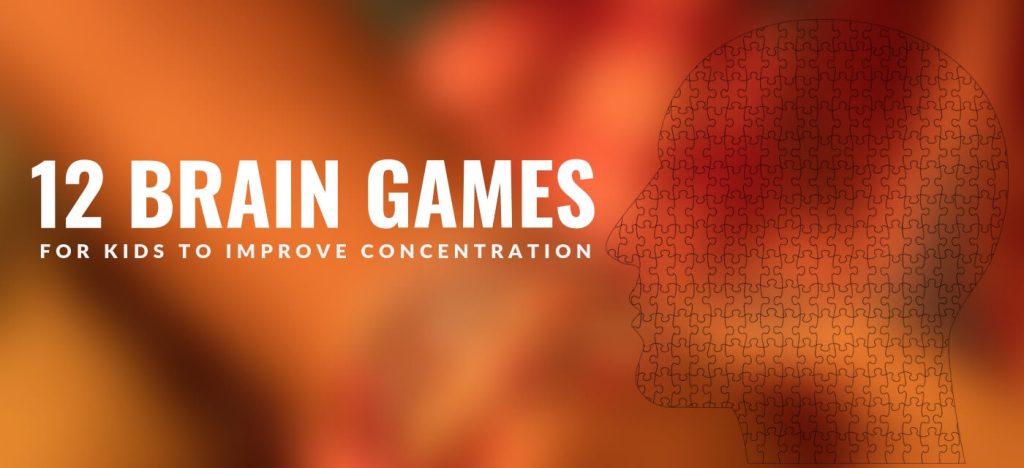
Brain Games and Emotional Regulation
In addition to enhancing cognitive skills, brain games can also have a positive impact on emotional regulation in kids.
Improved Self-Control
Brain games often require children to stay focused on a task, follow instructions, and control their impulses. By repeatedly engaging in these games and practicing self-control, children can improve their ability to regulate their emotions. This skill is instrumental in managing stress, frustration, and impulsivity, allowing children to stay calm and composed in various situations.
Better Emotional Management
Brain games stimulate various parts of the brain, including areas responsible for emotion regulation. As children play brain games, they learn to manage their emotions by staying focused, solving problems, and achieving goals. Improved emotional management can lead to increased self-confidence, reduced anxiety, and overall better mental well-being.
Challenges and Limitations of Brain Games
While brain games offer numerous benefits, they also come with their challenges and limitations.
Overcoming Plateaus
As with any learning or skill-building activity, kids may experience plateaus in their progress with brain games. After an initial period of improvement, children may find that they are not further advancing their cognitive skills. During these times, it’s essential to encourage children to push through and continue engaging in brain games. Plateaus are a natural part of learning, and with persistence, children can overcome them and continue to develop their cognitive abilities.
Finding Suitable Games
Not all brain games are created equal, and finding ones that are both age-appropriate and challenging can be a challenge. It’s crucial to select brain games that align with a child’s developmental stage and cognitive abilities. Additionally, it’s essential to find games that are engaging and enjoyable for the child, as this will increase their long-term involvement and commitment to the activity.

Incorporating Brain Games in Daily Routine
To maximize the benefits of brain games, it’s important to incorporate them into a child’s daily routine.
Creating a Balanced Schedule
Finding a balance between academic activities, physical exercise, and leisure time is crucial for a child’s overall well-being. Brain games can be included as part of a child’s daily routine, alongside other activities. By creating a balanced schedule, children have dedicated time for brain games, ensuring regular engagement and continued cognitive development.
Setting Achievable Goals
To keep children motivated and focused on brain games, it’s helpful to set achievable goals. Whether it’s completing a certain number of levels or improving scores, goal-setting provides children with a sense of accomplishment and purpose. Breaking down long-term goals into smaller, achievable milestones allows children to track their progress and stay motivated.
Conclusion
Brain games have proven to be a valuable tool in enhancing concentration, focus, and cognitive abilities in kids. Through puzzles, memory games, and problem-solving activities, children engage in activities that challenge their brains and stimulate cognitive development. The benefits of brain games extend beyond academic performance, with improved emotional regulation, perseverance, and entertainment value. By incorporating brain games into a child’s daily routine and setting achievable goals, parents can provide their children with an enjoyable and effective way to enhance their cognitive skills and succeed in various areas of life. So, take the first step today and introduce brain games to your child – watch them flourish and thrive!
